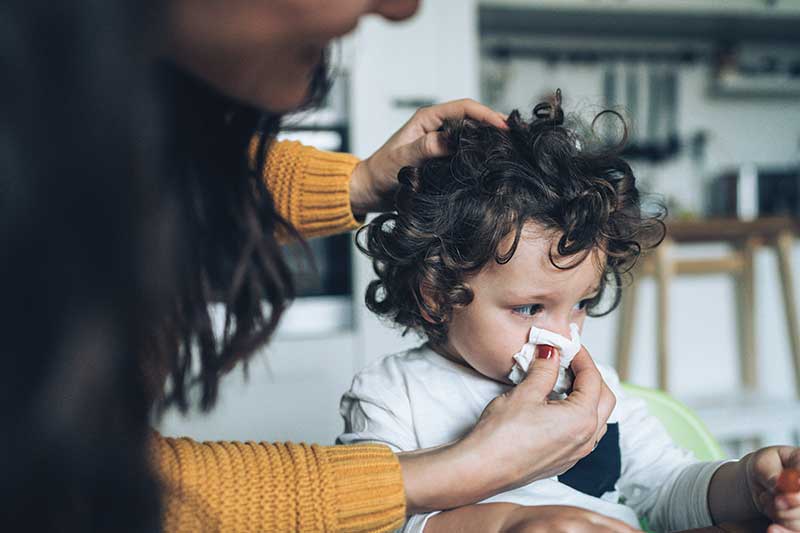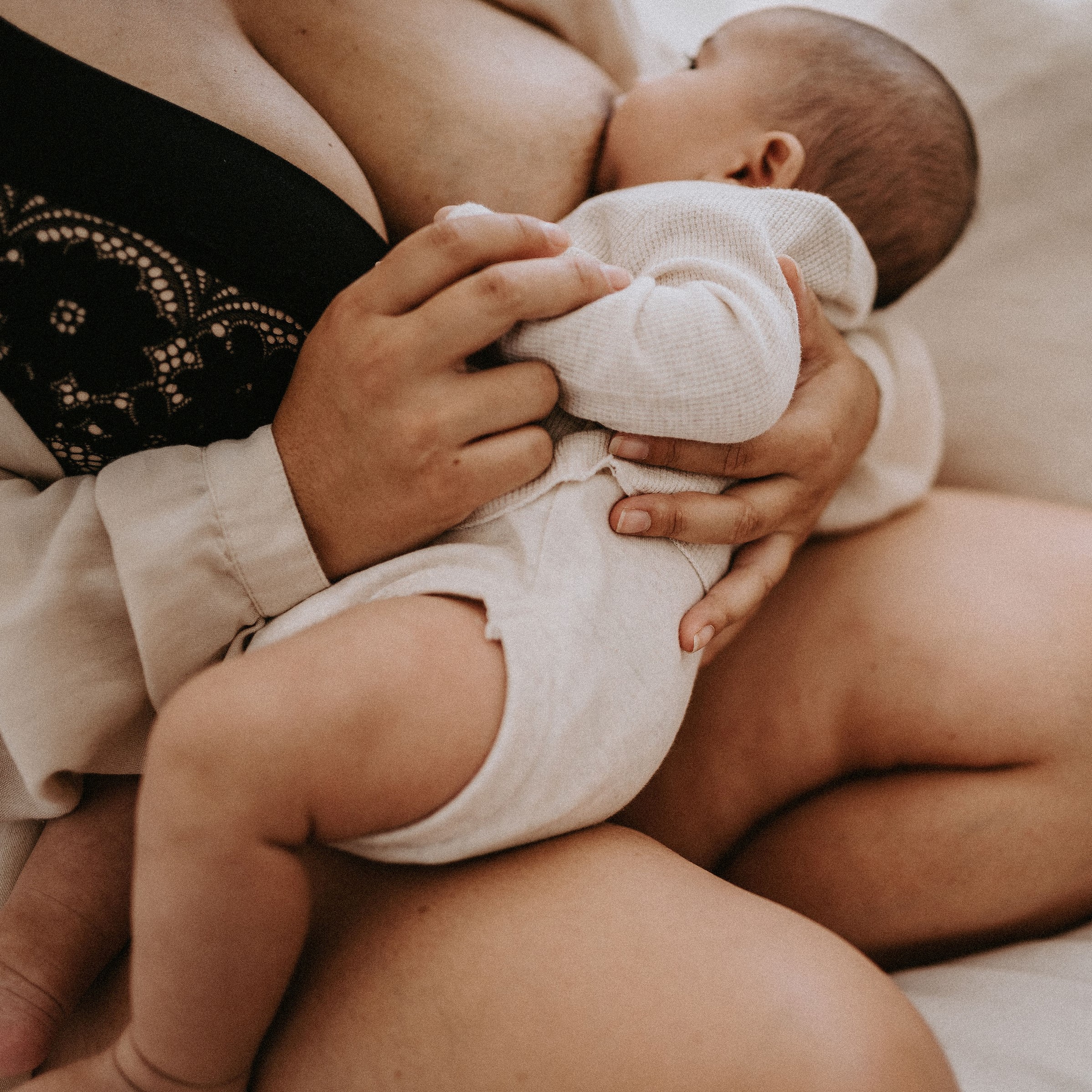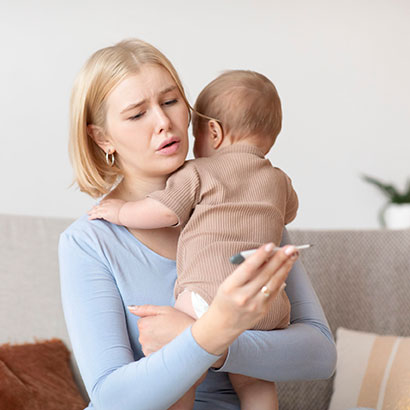Baby and Toddler Sickness: Allergies

What causes an allergy and what are the symptoms?
An allergic reaction is when the body’s immune system reacts to a foreign substance (allergen) that it deems to be dangerous. This may be something your child has eaten, been in contact with, or been in the presence of. Allergies can be genetic, meaning they run in the family, but that’s not always the case.
The most common allergens are pollen, mould, animal hair, dust and dust mites, latex, medicines, insect stings, and foods. Different allergens can cause different allergic reactions but the most common conditions are hay fever, eczema, rashes, hives, and asthma.
A severe allergic reaction is anaphylaxis which can inhibit a person’s breathing and circulation. Symptoms include trouble breathing, including wheezing, swelling of lips or tongue, pale, cool, damp skin, or drowsiness, confusion or loss of consciousness. Call an ambulance immediately on 111 if your child or a member of your whānau has an allergic reaction with any of these symptoms.



